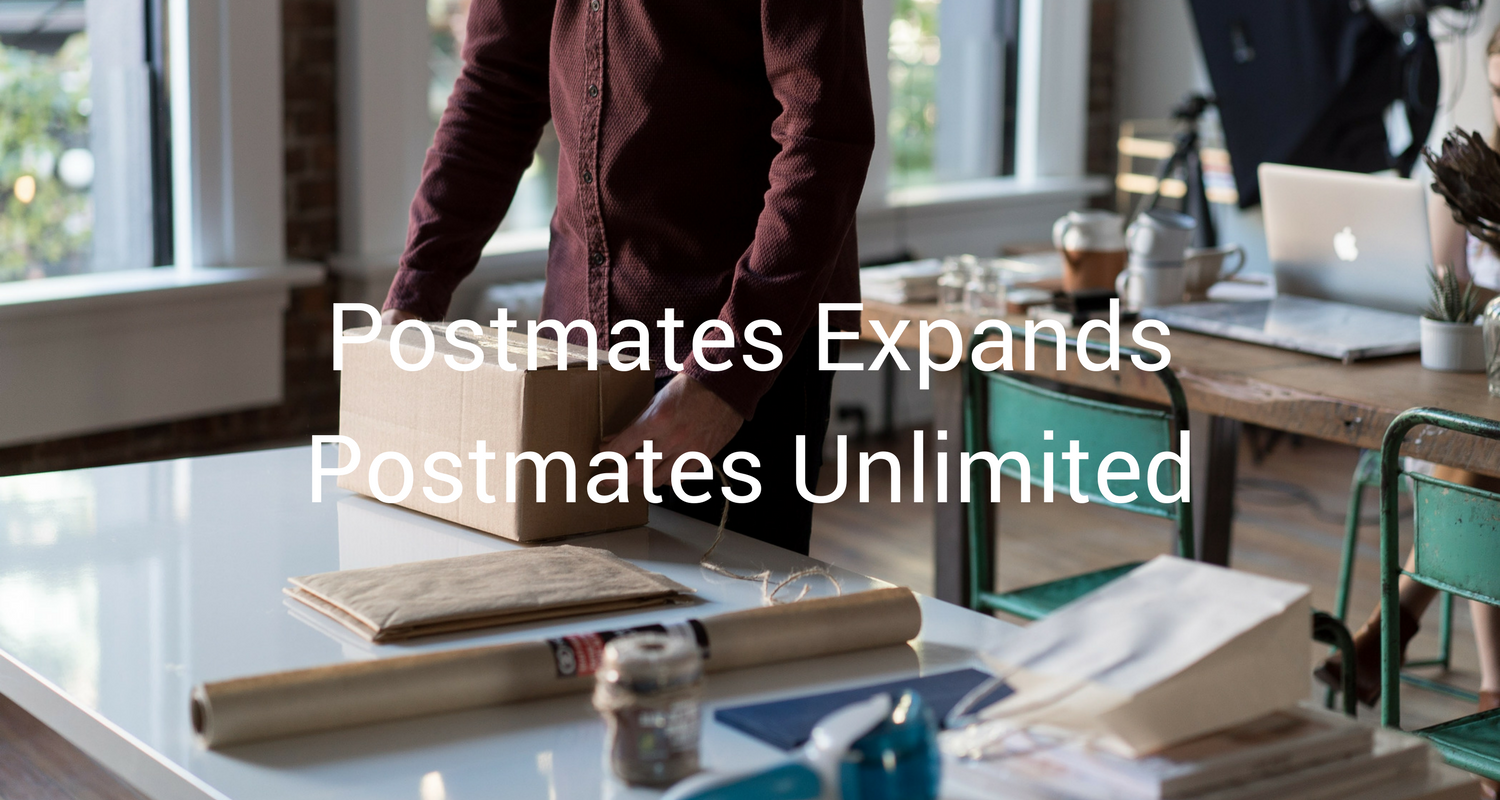

But we found that the hard part was convincing consumers to actually accept higher prices on delivery.Īfter two years of unsuccessfully trying to get diners to pay fair delivery fees, we had to pivot our business to corporate catering or risk failing. Restaurant owners were immediately on our side, and we quickly signed up hundreds with our message of a fair business model. Instead, we charged the consumer a flat fee for the cost of convenience. We provided a lower-cost online ordering platform, charging restaurants only 10 cents per order. In 2010, I founded my own delivery app, FoodtoEat. (Some cities, like San Francisco, are considering making those caps permanent.) Many diners now see these services’ true colors: By deferring fees for restaurants instead of waiving them during COVID-19, keeping sole authority over when the waiver period ends, and imposing mandatory one-year contracts on those who defer fees, their interests are to maintain their ironclad grasp over restaurants.Īfter two years of unsuccessfully trying to get diners to pay fair delivery fees, we had to pivot our business or risk failing.

City legislators around the country are stepping up to ease the burden, with New York City, Los Angeles, and others temporarily capping fees at 15 percent per order during the pandemic. Over the past several months, restaurants, consumers, and even senators are protesting the apps’ common practice of charging punitive 20 to 30 percent commission rates for every order. There’s been consistent coverage of their detrimental impact on workers ever since the phrase “gig economy” was first uttered, but the pandemic has increased the public’s awareness of exactly how they harm the restaurant industry. And while delivery apps were quick to rush in and position themselves as a lifeline for restaurants at the start of the pandemic, one of the more surprising side effects of COVID-19 is how many consumers, restaurants, and even governments are finally realizing the destructive power of delivery services like Grubhub, DoorDash, and Uber Eats.

This is Eater Voices, where chefs, restaurateurs, writers, and industry insiders share their perspectives about the food world, tackling a range of topics through the lens of personal experience.


 0 kommentar(er)
0 kommentar(er)
